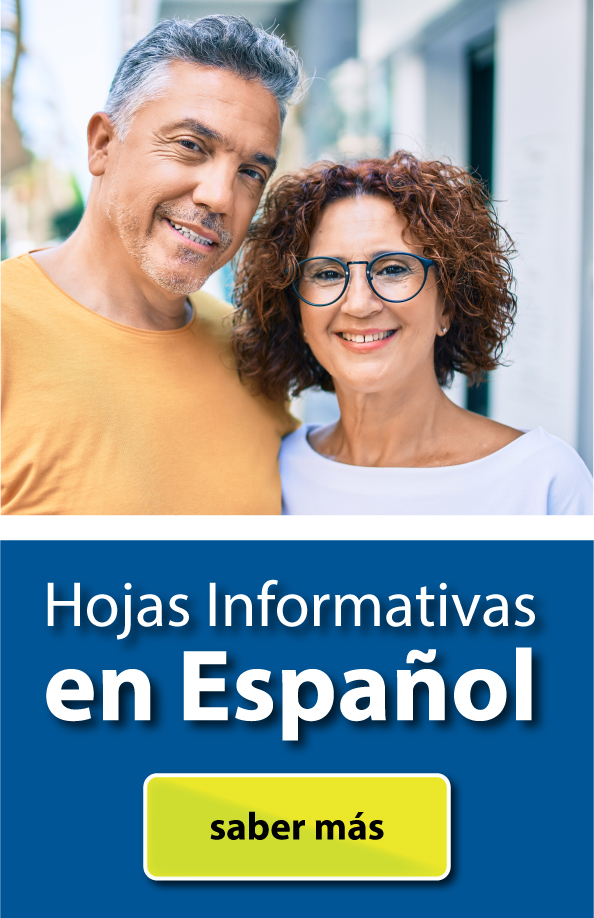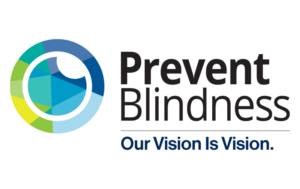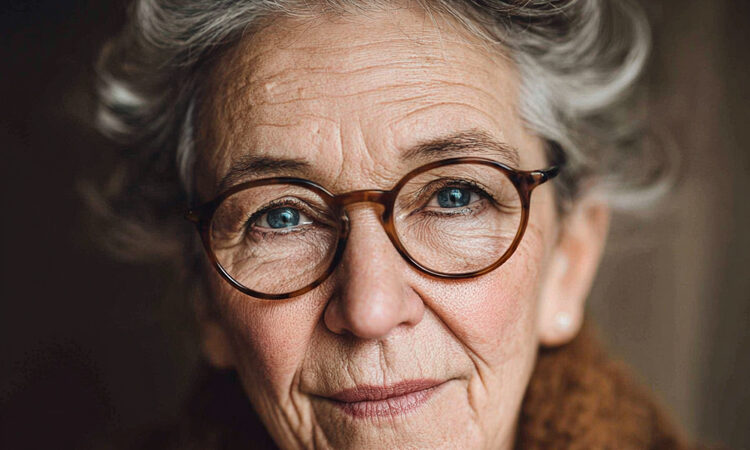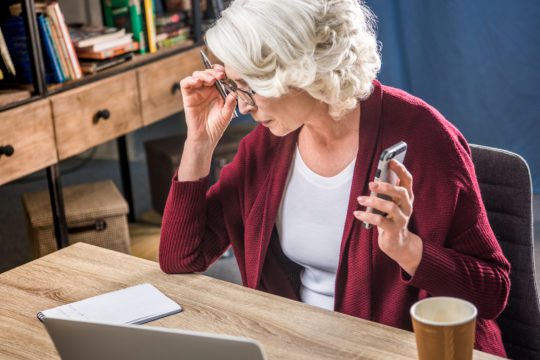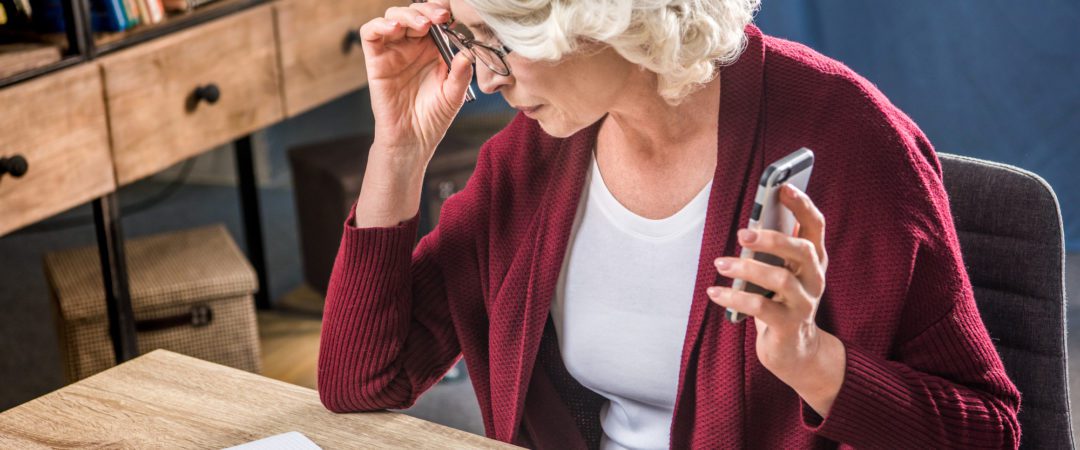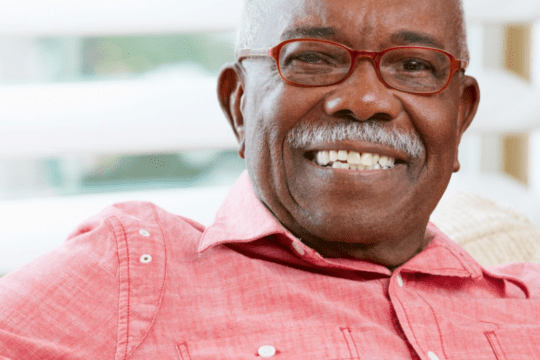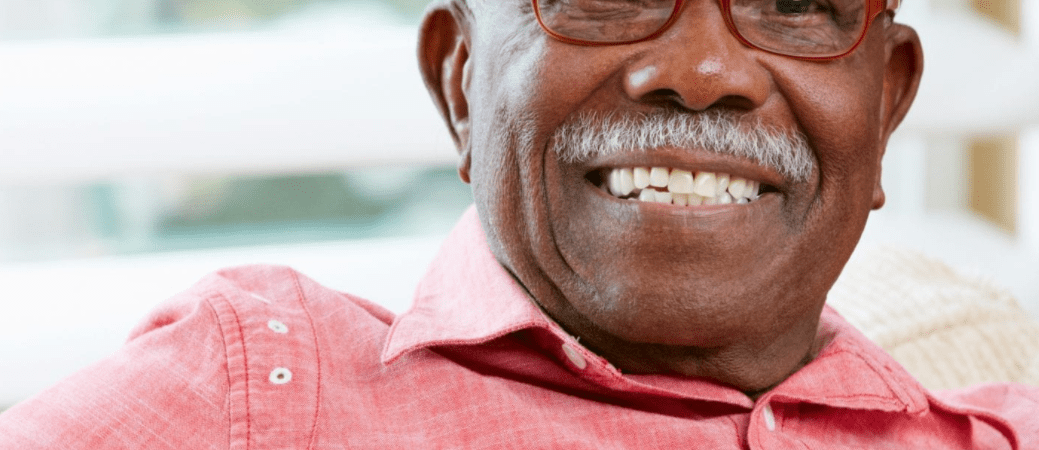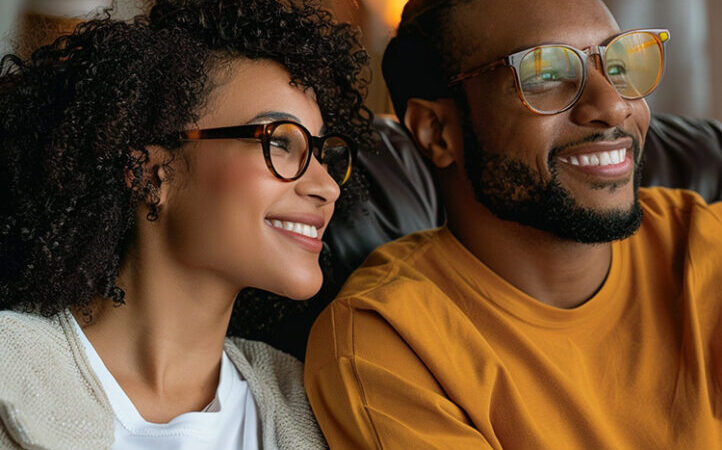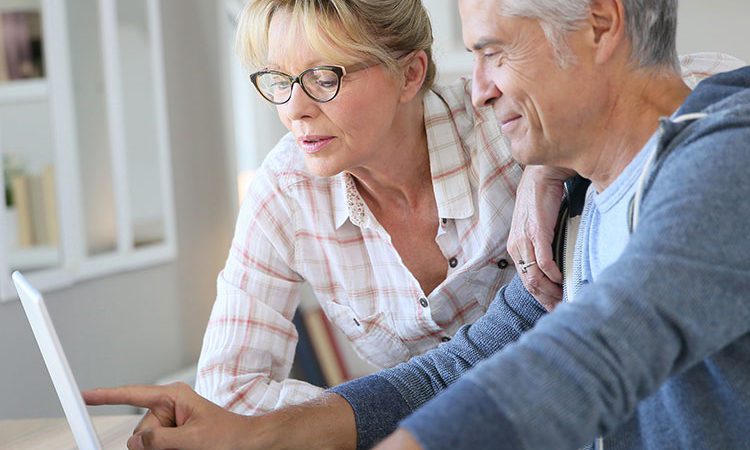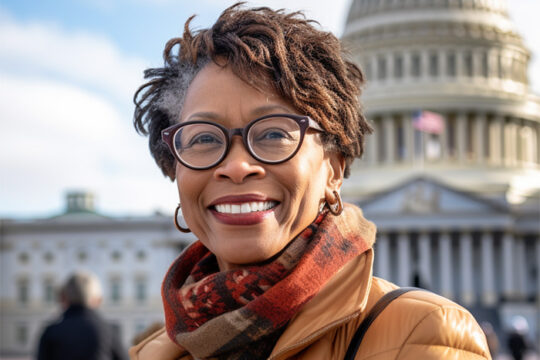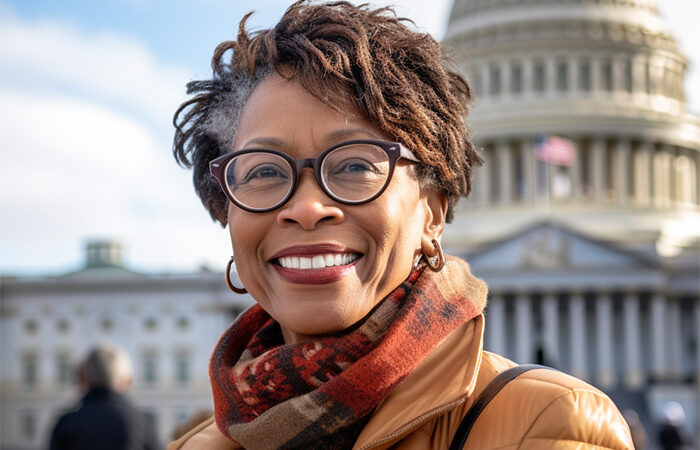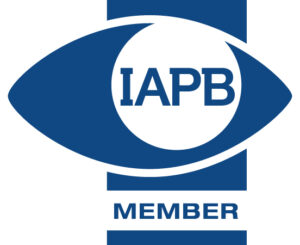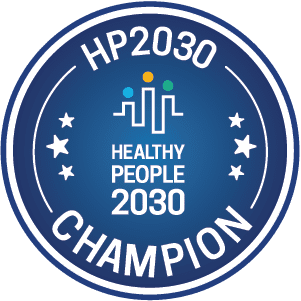- Your Sight
- The Eye & How We See
- A Glossary of Eye and Vision Terms
- What’s Your Risk of a Vision Problem?
- Signs of Eye Disease and Vision Problems in Adults
- Find an Eye Doctor
- Getting Professional Eye Care
- Understanding Insurance Benefits for Eye Care
- Accessing Vision Care Without Coverage
- The Affordable Care Act (ACA) and Your Eyes
- Medicare (Age 65+)
- Public Health Insurance Programs: Medicaid and the Children’s Health Insurance Program
- Private Insurance and Employer Health Benefits for Eye Care
- Common Questions About Insurance Benefits for Eye and Vision Care
- Policy Changes that May Impact Eye Care
- Health Insurance Fact Sheets
- Vision Care Financial Assistance Information
- Wearing Contact Lenses
- 20/20 Vision at 40? – Take Care of Your Eyes!
- Clinical Trials for Eye Diseases and Vision
- Common Eye Myths
- Diabetes and Your Eyes
- The Glaucoma Community
- Digital Devices and Your Eyes
- How to Take Eye Drop Medications
- Growing Older With Good Vision
- Healthy Living, Healthy Vision
- Nutrition Supplements and Vision
- Preventing Eye Injuries
- Protect Your Eyes from the Sun
- Solar Eclipse Eye Safety
- Resources for Those with Vision Loss
- Women’s Eye and Vision Health
- Eye Health and Safety Videos
- Fact Sheets to Print and Share
- Spanish Language Fact Sheets/Hojas informativas en español
- Expert Guest Columns
- Subscribe to e-news
- Your Child’s Sight
- Your Baby’s Developing Sight
- Getting Your Child Vision-Ready for School
- Your Child’s Glasses
- Wearing Contact Lenses
- Signs of Possible Eye Problems in Children
- Common Children’s Vision Problems
- Juvenile Diabetes and Vision Health: Help Prevent Vision Loss in Youth
- Protect Your Child from Eye Injuries
- Home and Toy Eye Safety for Children
- Safe Toy Checklist
- Eye Safety for Your Child Athlete
- Protecting Your Child’s Eyes from the Sun
- Digital Screen Time Tips and Resources
- First Aid for Eye Emergencies
- Fireworks Safety
- Taking Your Child to the Eye Doctor
- The ACA and Your Child’s Eye Care
- Vision Care Financial Assistance
- Understanding Vision Screenings and Eye Exams
- Small Steps for Big Vision Tool Kit
- Fact Sheets to download and print
- Spanish Language Fact Sheets/Hojas informativas en español
- Eye Diseases & Conditions
- Acanthamoeba Keratitis and Contact Lenses
- Amblyopia
- AMD (Age-Related Macular Degeneration)
- Astigmatism
- Cataract
- Central Retinal Vein Occlusion
- Cerebral Visual Impairment (CVI)
- Coats’ Disease
- Coloboma
- Color Blindness
- Conjunctivitis (Pink Eye)
- Diabetes-Related Macular Edema
- Diabetic Retinopathy
- Dry Age-related Macular Degeneration (AMD)
- Dry Eye
- Eye Inflammation and Inflammatory Eye Disease
- Floaters (Eye Floaters)
- Geographic Atrophy (GA)
- Glaucoma
- HIV/AIDS and the Eye
- Hyperopia (Farsightedness)
- Inherited Retinal Diseases
- Keratitis
- Keratoconus
- Macular Telangiectasia (MacTel)
- Myopia (Nearsightedness)
- Presbyopia
- Refractive Error
- Retinal Tears & Detachments
- Retinitis Pigmentosa (RP)
- Retinopathy of Prematurity (ROP)
- How is Retinopathy of Prematurity (ROP) Diagnosed and Treated?
- Retinopathy of Prematurity (ROP) and Your Child’s Lifelong Vision Health
- Resources for Families of Children with Retinopathy of Prematurity (ROP)
- Retinopathy of Prematurity (ROP) Fact Sheets to Download and Share
- Retinopathy of Prematurity (ROP) Videos
- Stargardt Disease
- Strabismus
- Symptomatic Vitreomacular Adhesion
- Thyroid Eye Disease (TED)
- Uveitis
- Zika Virus and Your Eyes
- Fact Sheets to Print & Share
- Spanish Language Fact Sheets/Hojas informativas en español
- Resources & Support
- Art Therapy Program
- Caregiver Resources & Support
- Eye and Vision Fact Sheets to Share and Print
- Prevent Blindness Eye Health Audio Library
- Eye Health and Safety Videos
- The Glaucoma Community
- Glaucoma Financial Assistance Information
- Hojas informativas
- Low Vision Resources & Support
- Vision Care Financial Assistance Information
- Vision Integration Library: Vision & Eye Health Resource Center at Prevent Blindness
- Vision Loss & Mental Wellness
- Training & Education
- Educational Event Calendar
- The Focus on Eye Health Summit
- Adult Vision Screening Certification (3-Year Certification)
- Children’s Vision Screening Certification
- Diabetes and the Eyes Educational Toolkit
- Eye Health and Safety Fact Sheets for Patients
- Eye Health and Safety Videos
- Eyes That Thrive
- Glaucoma Educator Course
- Healthy Eyes Educational Series
- Mental Wellness, Vision Loss and Blindness Course
- Preschool and Early Childhood Solar Eclipse Lesson and Book
- Prevent Blindness Presentations and Webinars
- Star Pupils Eye Health and Safety Curriculum
- Small Steps for Big Vision Tool Kit
- Think of Vision Fact Sheets for Teachers
- Vision and Eye Health Infographics
- Educational Resources – Share Your Story
- Advocacy & Public Health
- ASPECT Patient Engagement Program
- Congressional Vision Caucus
- Early Detection of Vision Impairments in Children (EDVI) Act
- Eyes on Capitol Hill Legislative Day
- Legislative Action Center
- Population Health
- Children’s Vision and Eye Health
- National Center for Children’s Vision and Eye Health
- The Children’s Vision Health Map – Overview
- Children’s Vision in the U.S. 2nd Edition
- 12 Components of a Strong Vision Health System of Care
- National Association of School Nurses and NCCVEH Vision Tool Kit
- Children’s Vision Screening Requirements by State
- Prevent Blindness Model Children’s Vision Legislation
- Vision Screening Recommendations
- Vision Screening Guidelines by Age
- Data Collection Guidelines
- Performance Measures Guidelines
- Research
